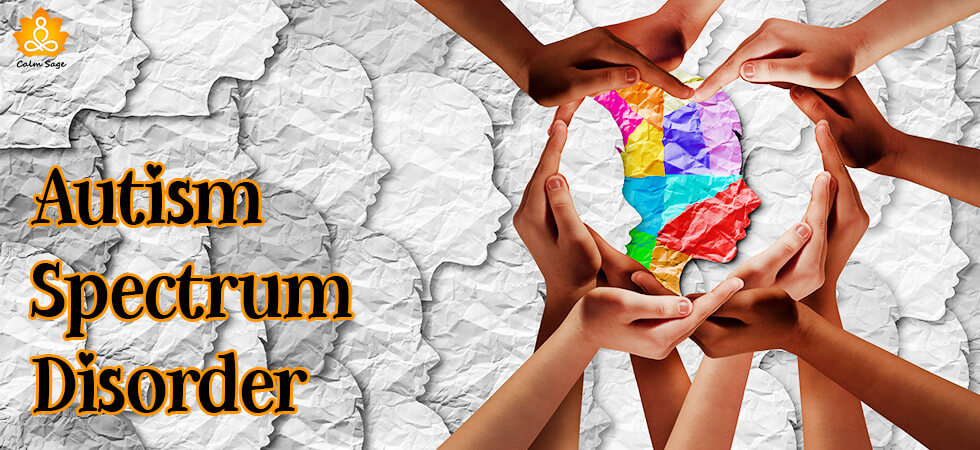
AS the global community celebrates the World Autism Awareness Day 2024 today, there is a vital need for Nigerians to be more sensitised to the autism spectrum disorder and champion equal opportunities and freedoms for persons with developmental disabilities.
Since 2007 when April 2 was first designated by the United Nations General Assembly as the WAAD, the occasion has been a means “to affirm and promote the full realisation of all human rights and fundamental freedoms for autistic people on an equal basis with others.” The purpose of the day is “to highlight the need to help improve the quality of life of those with autism so they can lead full and meaningful lives as an integral part of society,” as stated by the UN.
Autism is a lifelong neurological condition that manifests during early childhood, irrespective of gender, race or socio-economic status. The disorder affects communication, social interaction, and behaviour.
The range and severity of autism can vary widely, but common symptoms include difficulty with communication, difficulty with social interactions, obsessive interests and repetitive behaviours. It could show as self-harm, learning disability in children, delayed cognitive skills or hyperactivity.
Sadly, in Nigeria, the awareness and understanding of autism have been poor, in addition to the challenges that remain in terms of diagnosis, treatment, and acceptance of autistic persons within society.
Although medical experts cite that there could be 100,000 cases of the disorder per year, the lack of statistics and the paucity of research into autism in Nigeria have compounded the challenge many autistic persons are saddled with.
Autism, though a lifelong disorder, can be reduced through early recognition, behavioural and educational therapy. Unfortunately, with more than 218 million people to cater for, Nigeria requires at least 363,000 additional doctors to meet this target, according to the World Health Organisation. The WHO doctor-patient ratio of one doctor to 600 patients is a Herculean challenge for Nigeria to meet up with, given the rate of mass exodus within the medical profession and slow pace of training medical doctors.
In addition to this, there is an abject lack of sufficient special educators and specialised services and support for individuals with autism and their families. Nigeria has a shortage of trained professionals, such as psychologists, and speech therapists, who can provide the necessary support and intervention services. This leaves many families struggling to access appropriate care for their loved ones with autism.
Stigma and discrimination are significant issues facing individuals with autism in Nigeria. Due to a lack of understanding, people with autism and their families may face social exclusion, bullying, and even violence. This can have a profound impact on their quality of life and mental health.
The government, non-governmental agencies, faith-based organisations and individuals need to collaborate to identify the multi-factorial gaps and commit towards helping autistic patients. There is a need for more medical practitioners to have the requisite training and proper funding.
Efforts should be made to improve the situation for individuals with autism in Nigeria. Advocacy groups should work to raise awareness, provide support services, and advocate the rights of people with autism.
Government agencies and healthcare institutions should begin to recognise the importance of addressing autism and take steps to improve diagnosis and treatment services.
Autism is not about witchcraft, as many are wont to think. To disabuse this, the federal, state and local governments should implement awareness programmes in the media and communities for society to stop stigmatising autistic persons.





